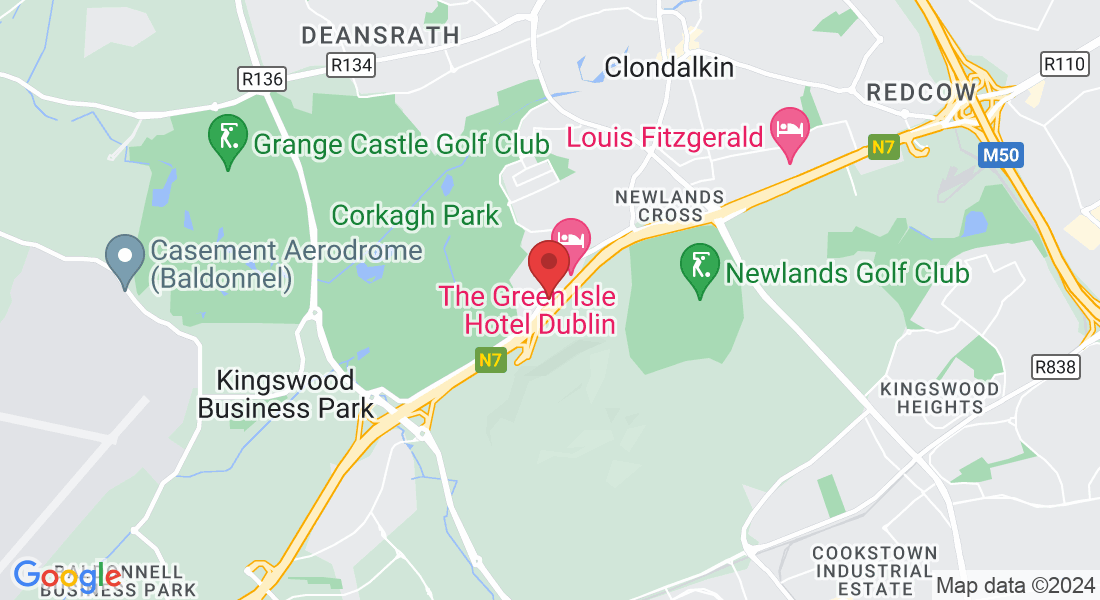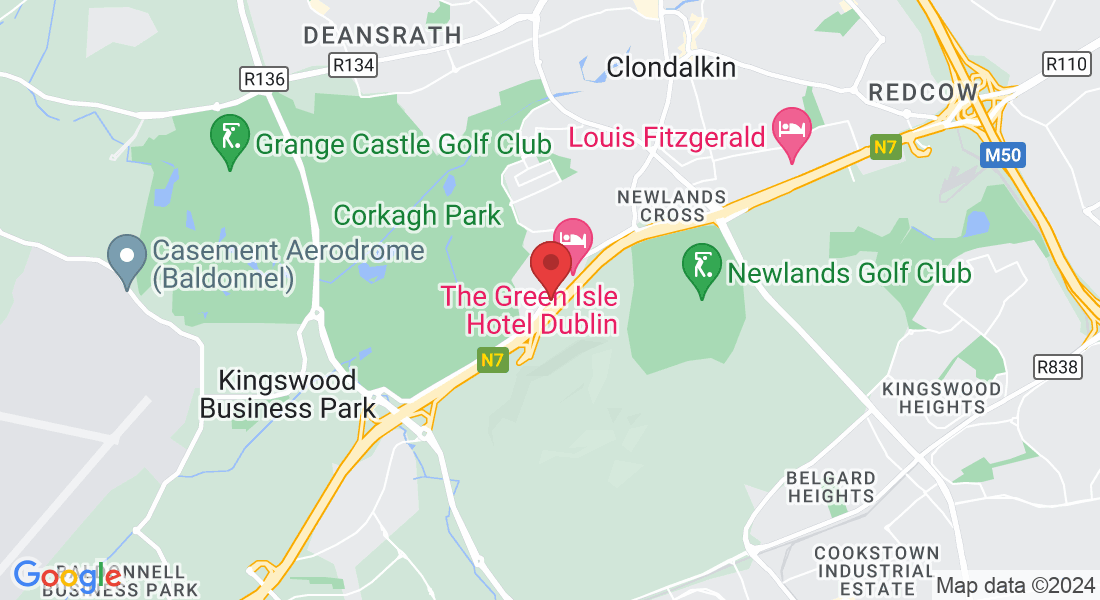Unlock Your Potential For Success In Life With Martial Arts In Clondalkin's Premier Karate Academy
Online Enquiry
Enter your details below and we'll get in touch to discuss which training program is right for you.
Special Offer
OPENING SPECIAL: Get 2 Weeks Training Plus FREE Uniform
Only $49.95! (Save Up To $123.05)
SPECIAL OFFER
Get 3 Weeks Training Plus FREE Shirt
Just €39.95! (Save Up To €57)
Hear What Our Warriors Have To Say About Their Karate Journey!
How Can We Help You?
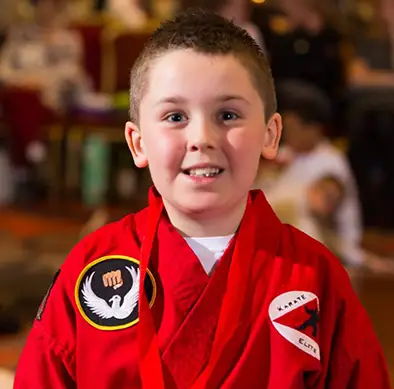
Children Beginners (Ages 5-12 Years)
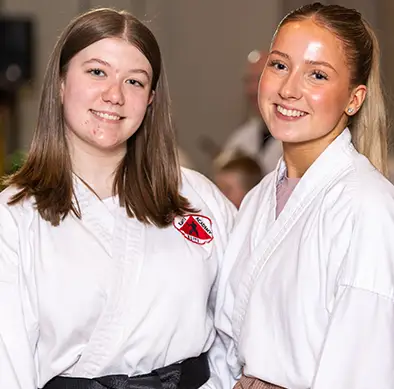
Adult & Teens Beginners (Ages 13+)
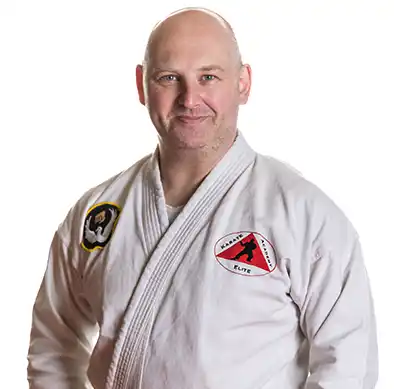
Premium Membership
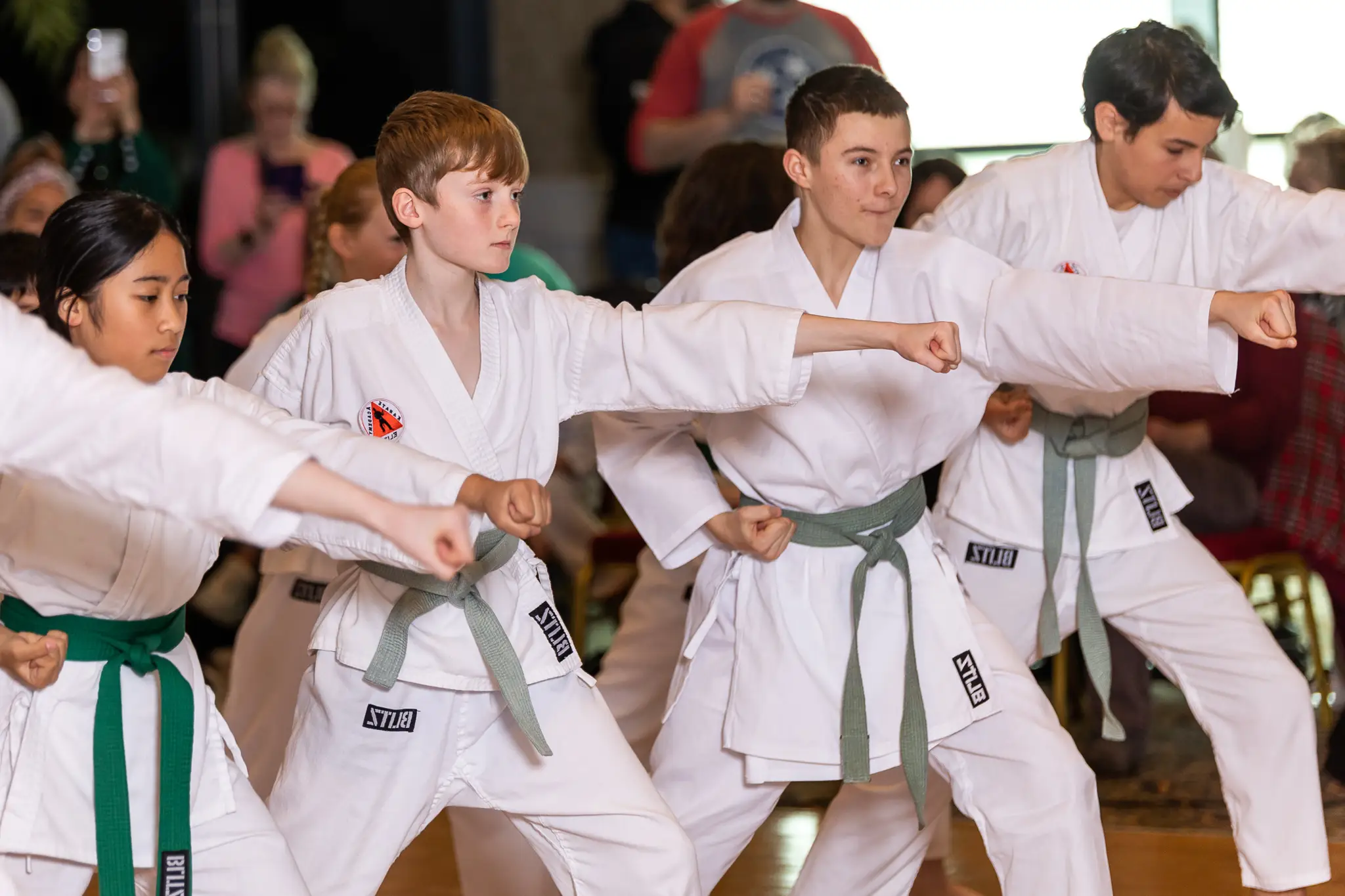
If you or your family...

Feel out of shape and sluggish.
Worry about safety when walking alone at night or in unfamiliar areas.
Are intimidated by starting a new fitness routine.
Want to improve physical and mental health but don't know where to start.
Are concerned about not being able to keep up with others in a class.
Feel overwhelmed by personal challenges without proper training and preparation.
Then Elite Karate Academy In Clondalkin Can Help With...
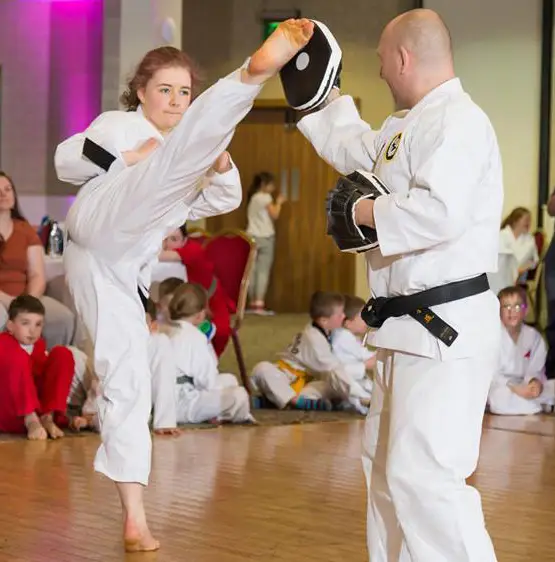
Improving physical fitness and strength.
Learning self-protection skills to stay safe in a variety of situations.
Building confidence and self-esteem, especially in children’s classes.
Developing focus and concentration.
Creating meaningful connections with others who share your passion for personal growth.
Increasing flexibility and balance through practice.
Enhancing mental resilience and stress management skills.
And... Have more fun!

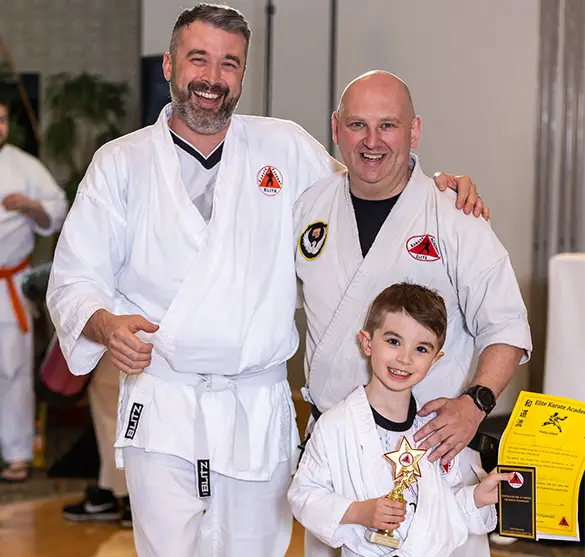
Why Choose Elite Karate Academy?

Experienced and qualified instructors packed with knowledge who are passionate about teaching karate in a fun environment.
A supportive and inclusive martial arts lifestyle community that welcomes people of all ages: kids, teenagers and adults at all fitness levels.
A safe and well-equipped training facility with state-of-the-art equipment.
Flexible class schedules to accommodate busy lifestyles.
A comprehensive curriculum that will guide you from beginner to black belt & beyond.
Opportunities for personal growth and development through belt ranking system.
Affordable pricing options for individuals or families.
Hear What Our Warriors Have To Say About Their Karate Journey!
Benefits Of Training Karate
Stress relief and improved emotional well-being for any age.
Opportunities for personal growth and character development.
A sense of community and belonging, among fellow martial arts lifestyle practitioners
Increased flexibility, balance, and coordination.
Improved physical health and fitness through karate.
Enhanced mental focus and discipline.
Increased self-confidence and self-esteem that changes lives.
Development of practical protection skills.
Start your martial arts journey today with a free intro class!
How To Get Started / How It Works
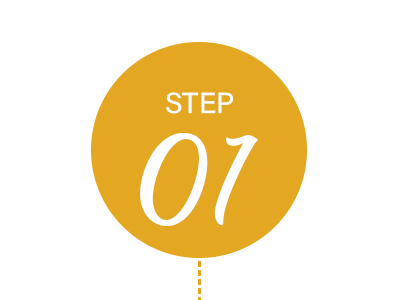
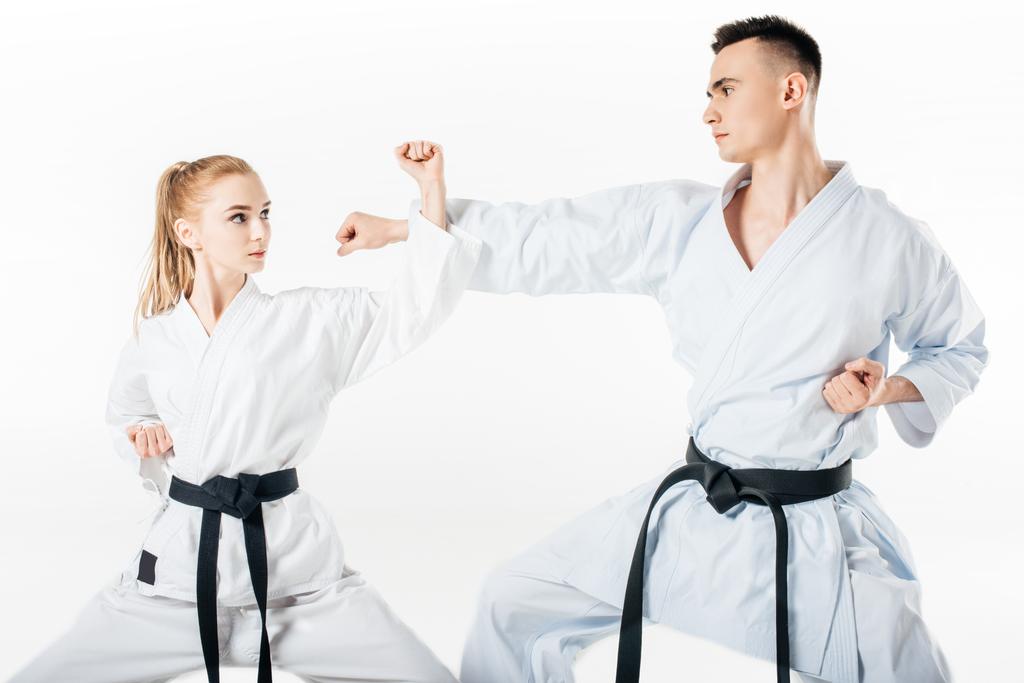
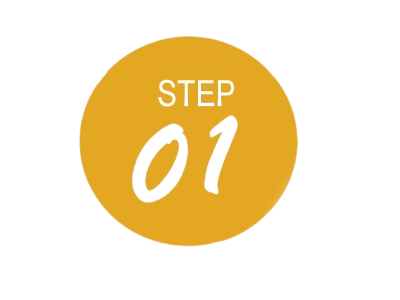
Enter your details below and get instant access to this month's limited special…
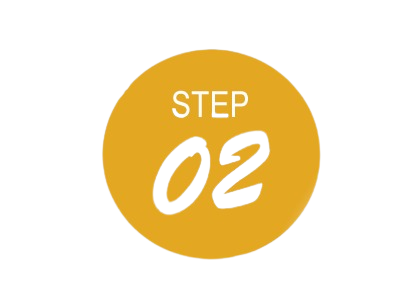
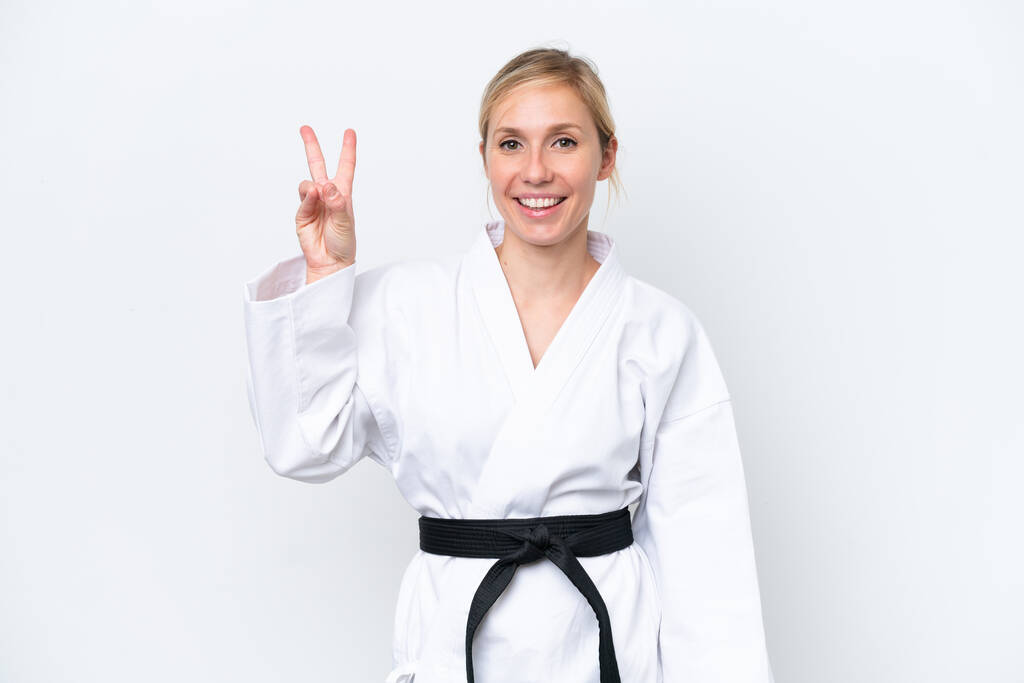
Schedule in your first trial class on our online calendar booking system
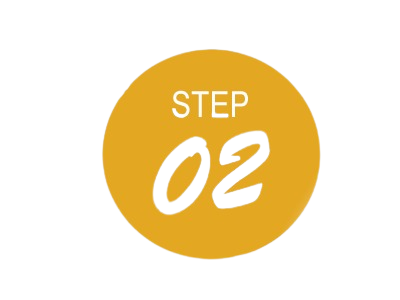

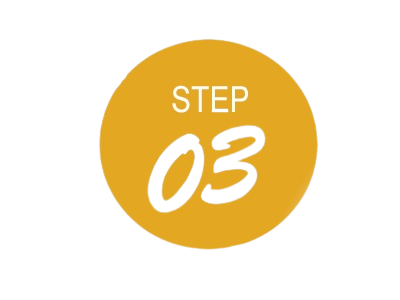
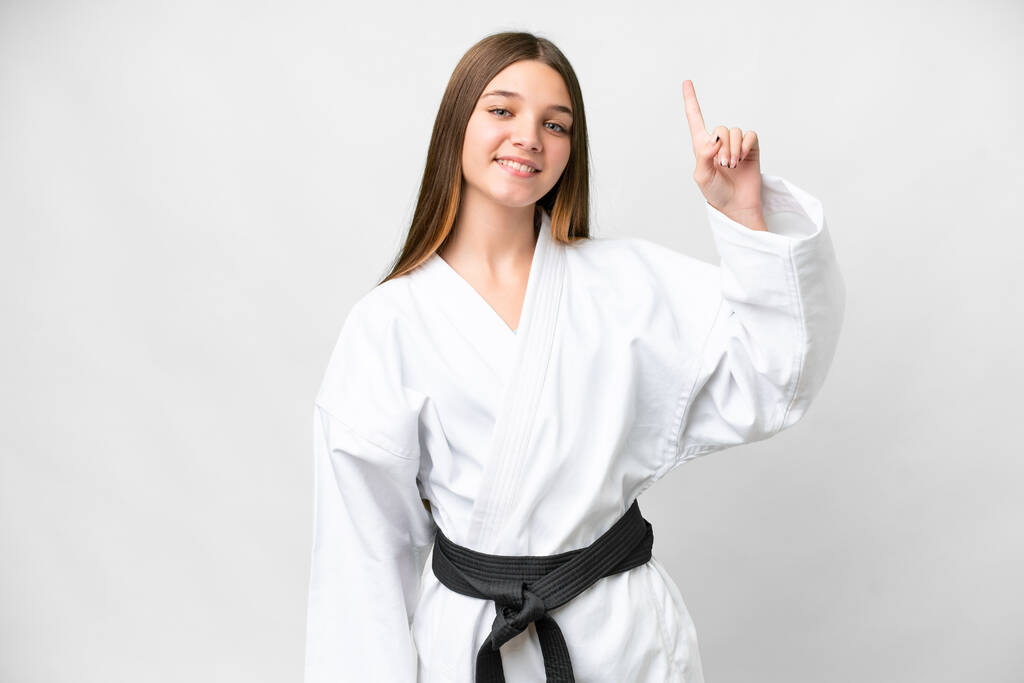
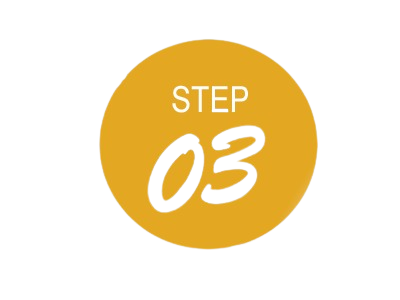
Get instant access to this months limited online special
How To Get Started...(NOT this Section)

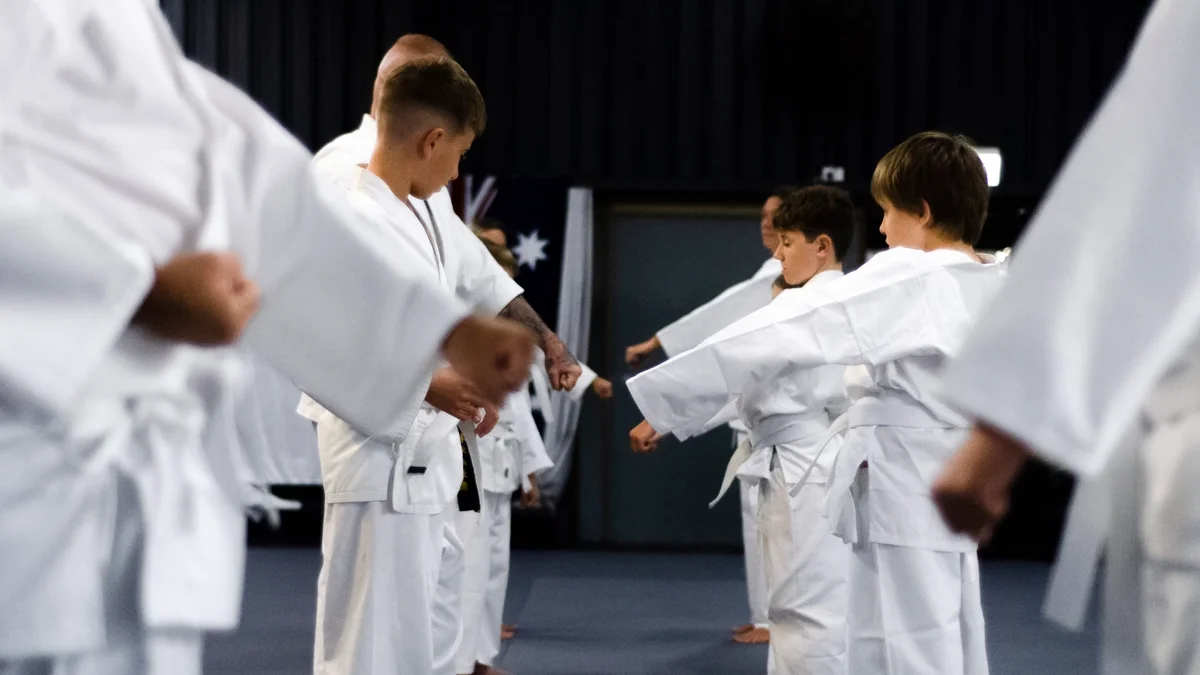
Schedule in your first trial class on our online calendar booking system
Enter your details below and get instant access to this month's limited special…
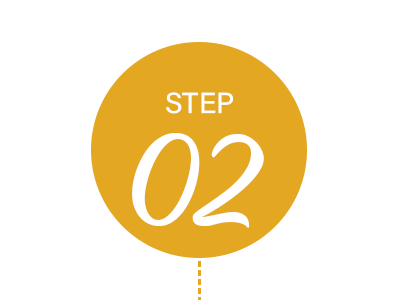
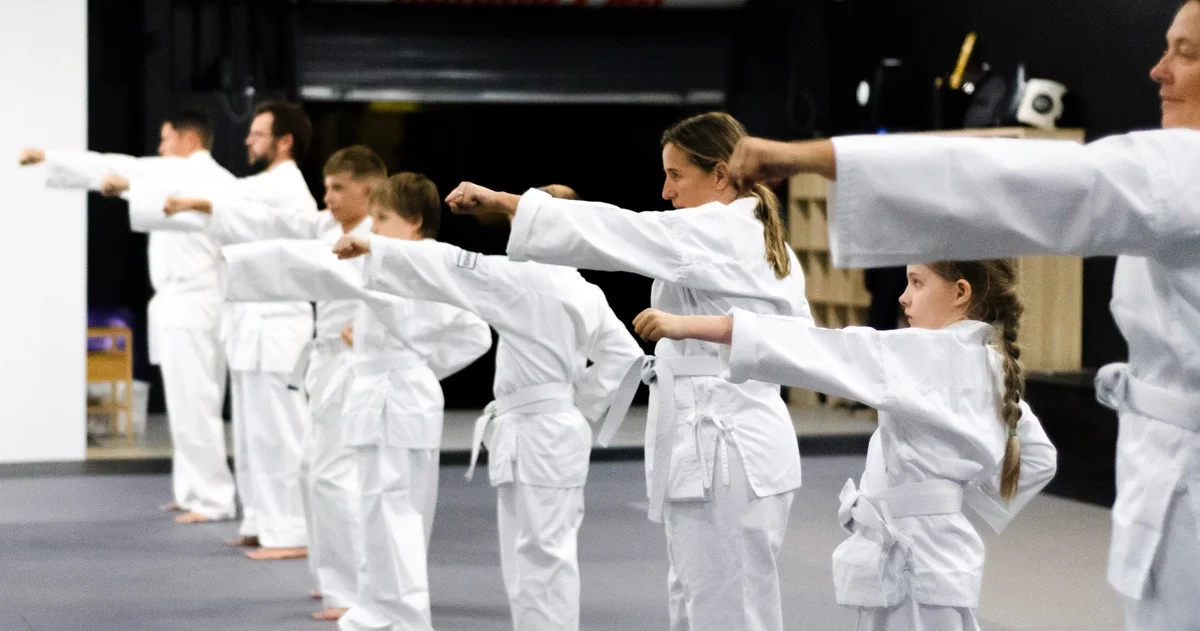
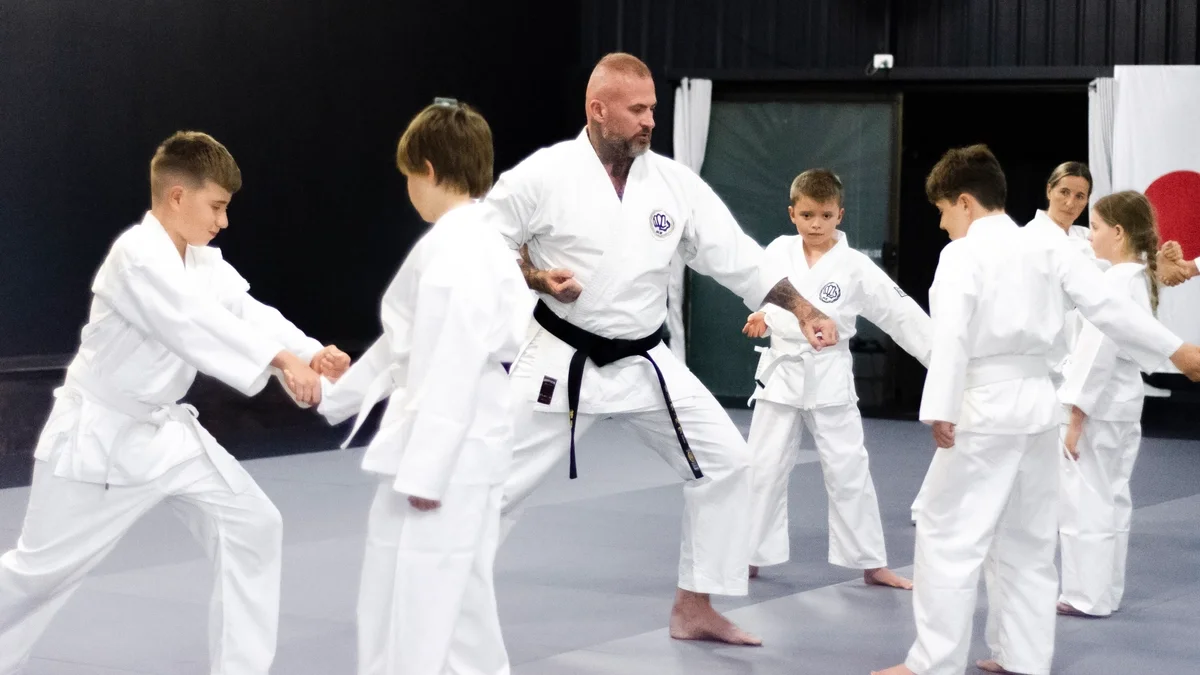
Schedule in your first trial class on our online calendar booking system
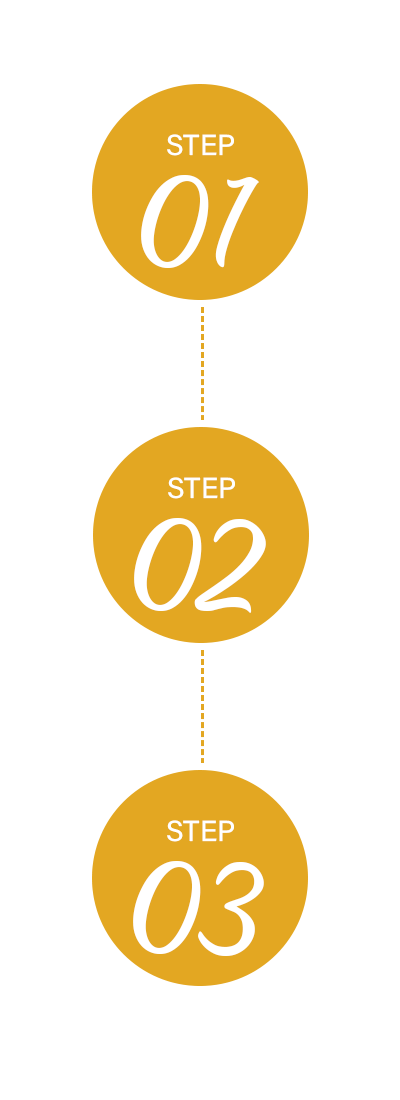
Enter your details below and get instant access to this month's limited special…
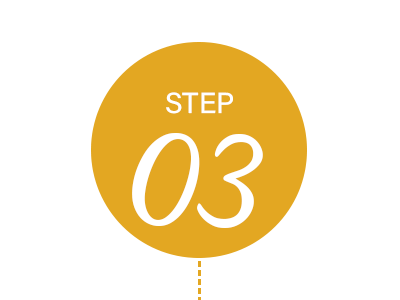
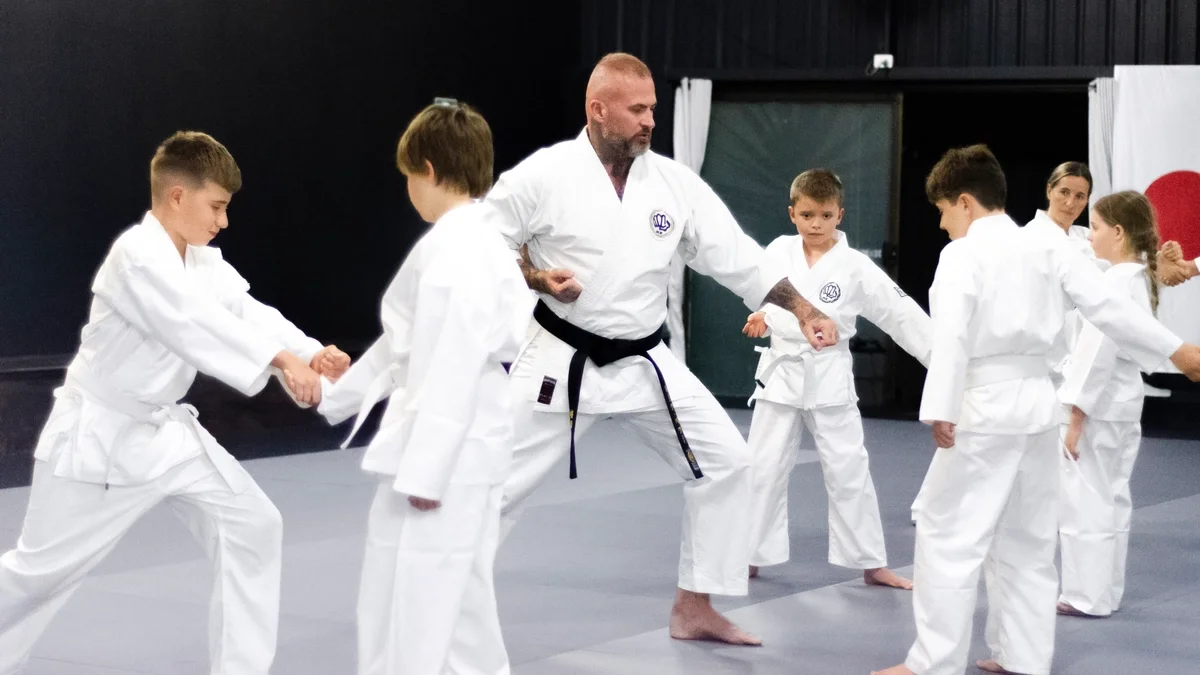
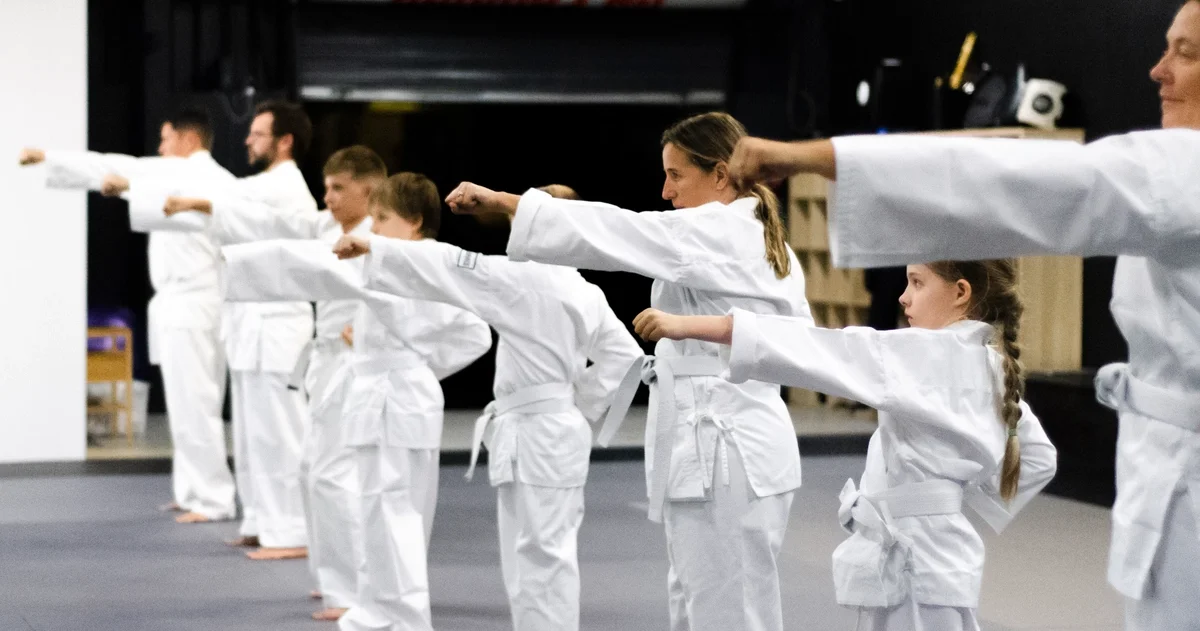
Get instant access to this months limited online special
Happy Members
Alex
Lorem ipsum dolor sit amet consectetur adipiscing elit elementum pretium, sem id nostra aenean malesuada sollicitudin.
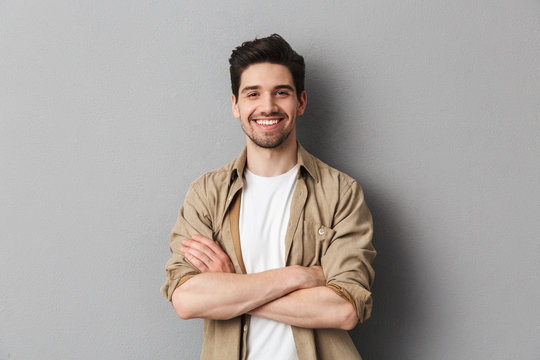
David
Lorem ipsum dolor sit amet consectetur adipiscing elit elementum pretium, sem id nostra aenean malesuada sollicitudin.

Miller
Lorem ipsum dolor sit amet consectetur adipiscing elit elementum pretium, sem id nostra aenean malesuada sollicitudin.
Alex
Lorem ipsum dolor sit amet consectetur adipiscing elit elementum pretium, sem id nostra aenean malesuada sollicitudin.
Alex
Lorem ipsum dolor sit amet consectetur adipiscing elit elementum pretium, sem id nostra aenean malesuada sollicitudin.
Alex
Lorem ipsum dolor sit amet consectetur adipiscing elit elementum pretium, sem id nostra aenean malesuada sollicitudin.
Green Isle Business Park, Clondalkin, Co. Dublin, Ireland, D22 X665
Frequently Asked Questions
What age can my child start training in Elite Karate Academy?
Children must be 5 years of age and attending primary school before they can start training at Elite Karate Academy.
What times are children’s classes?
We have 4 different class times for children’s beginners, And our “Premium Program” allows you to train in any of those classes. See our timetable for more details.
Are there any safety concerns that I should be aware of?
Safety is a top priority at Elite Karate Academy, and our instructors take great care that all students train in a safe environment. Our karate is a very safe non-contact style, however, accidents can happen, so it’s important to follow all safety guidelines and wear appropriate protective gear. Which we will discuss with you when you join.
how often should we attend…
Students must attend a minimum of 2 regular classes a week. However, Premium members, both child or teen/adult, have access to exclusive specialised classes that allow extra training per week.
Can we try a class before…
Yes! At Elite Karate Academy we can offer you a free trial class or check out our current introductory offer, so potential students can get a feel for the training before committing. This trial period also allows our instructors to assess potential candidates suitability for our programs and if we will invite you to become full-time members.
Are there any additional fees for equipment or testing?
In addition to tuition fees, there may be additional costs for uniforms, equipment or belt testing fee. But we will discuss this with you before the end of your trial period.
Are there opportunities for my child to compete in tournaments, or is it strictly recreational?
Elite Karate Academy does not take part in competition style karate and sparring (fighting) is not mandatory and many students choose to train solely for recreational and personal development purposes.
How will training in Karate benefit my child's physical health and mental well-being?
Karate provide an excellent workout that improves cardiovascular health, strength, flexibility, balance coordination while also promoting mental wellness by reducing stress levels through meditation techniques.
Copyright 2024 -Elite Karate Academy. All Rights Reserved.
Designed and created by MartialArtsMedia.com
